Table of Contents
The Border Security Force (BSF) Head Constable Ministerial Exam is conducted by the Union Public Service Commission (UPSC) to select candidates for the post of Head Constable Ministerial in the BSF. The exam consists of two phases: the preliminary and the main examinations.
The Preliminary Exam is a written objective-type exam of 150 marks. It consists of four sections: General Awareness, General Intelligence & Reasoning, Basic Arithmetic & Numerical Aptitude, and English Language & Comprehension. The exam consists of considerable choice and writing questions.
The Main Exam is a descriptive type exam of 100 marks. It consists of two sections: English Language & Comprehension and Essay Writing. Candidates who successfully clear both the written test and the interview are eligible to be selected for the job.
Those who clear the Main Exam are eligible for selection to the post of Head Constable Ministerial. The final selection is made on the basis of the candidate’s performance in the Preliminary Exam, the Main Exam and a Physical Efficiency Test.
BSF Head Constable Ministerial Syllabus
There are two parts to the BSF Head Constable Ministerial Exam: the written test, the Physical Standard Test (PST), and the Physical Efficiency Test (PET). The written exam syllabus is provided here.
General Intelligence: This section tests the candidate’s reasoning and problem-solving skills. The questions may be based on analogies, number series, coding-decoding, blood relations, syllogisms, and other logical reasoning topics.
English Language: This section tests the candidate’s English grammar and vocabulary knowledge. The questions may be based on synonyms, antonyms, one-word substitutions, error detection, fill-in-the-blanks, etc.
Numerical Aptitude: This section tests the candidate’s mathematical skills. The questions may be based on topics such as number system, HCF and LCM, averages, percentages, ratios and proportions, profit and loss, simple and compound interest, time and work, and time, speed, and distance.
General Awareness: This section tests the candidate’s knowledge of current affairs and general knowledge. The questions may be based on national and international events, sports, science and technology, history, geography, etc.
The Physical Standard Test (PST) and Physical Efficiency Test (PET) are designed to test the physical characteristics and abilities of the candidates. In the PST, candidates will be tested on their height, chest, and weight. In the PET, candidates will have to perform various physical activities such as running, long jump, and shot put.
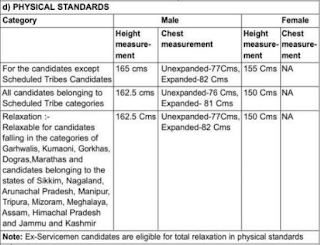
It is important for the candidates to be familiar with the exam structure and the types of questions that will be asked. Candidates should review the previous year’s question papers to get an idea of the questions’ difficulty level.
Candidates should also read the official notification of the exam carefully. The notification will provide information about the syllabus, exam pattern, marking scheme, eligibility criteria, etc., which should be followed during the preparation. Candidates should also practice mock tests to understand the time management required to answer the questions.
BSF Head Constable Ministerial Exam Pattern
The multiple-choice questions may include history, geography, science, and math. The short answer questions may require students to explain certain concepts, analyze specific topics, or provide opinions on certain issues.
The essay questions may ask students to compare and contrast specific topics, analyze certain topics in depth, or provide a solution to a particular problem.
It is essential to review the syllabus thoroughly before the exam to ensure you are prepared.
The exam will take place on a set date and time, and you must be present to take the exam.
You should also be aware of any rules and regulations the exam board outlines.
Written Exam:
- The written exam is a multiple-choice test.
- The exam consists of 100 questions, each worth 1 point.
- The passing marks for the written exam are 50.
- The exam will last for two hours.
- The test will be administered in a traditional paper and pencil format.
- The exam consists of four sections: General Intelligence, English Language, Numerical Aptitude, and General Awareness.
- The questions in the written exam are in both English and Hindi.
Candidates must pass the Physical Standard Test (PST) and the Physical Efficiency Test (PET) to be eligible for further selection.
- The PST and PET are qualifying in nature.
- Candidates who qualify for the PST and PET will be called for document verification and medical examination.
Candidates should review the official notification and exam pattern before appearing for the BSF Head Constable Ministerial exam. The exam pattern may vary from year to year, so it is important to check the latest exam pattern before appearing for the exam.
Here are some crucial points about the BSF Head Constable Ministerial exam:
- The BSF Head Constable Ministerial exam is a competitive examination conducted by the Border Security Force (BSF) to recruit Head Constables in the Ministerial cadre.
- The BSF Head Constable Ministerial exam consists of two stages: the written exam, the Physical Standard Test (PST), and the Physical Efficiency Test (PET).
- The written exam consists of multiple choice questions from various subjects such as General Intelligence, English Language, Numerical Aptitude, and General Awareness.
- The PST and PET are qualifying in nature. Candidates who qualify the PST and PET will be called for the document verification and medical examination.
- The selection process may vary from year to year, so it is important to go through the official notification and selection process before applying for the exam.
- Candidates should prepare well for the exam by going through the syllabus and exam pattern and practicing sample papers and previous year’s question papers.
- Candidates should also ensure they meet the exam’s eligibility criteria before applying.
- Candidates should keep themselves updated with the latest developments and notifications related to the exam by regularly visiting the official website of the BSF.
Border Security Force HCM Medical Standards
The medical standards for the BSF Head Constable Ministerial (HCM) exam are as follows:
Vision: Candidates should have good vision, with or without glasses. The minimum visual acuity required is 6/6 in one eye and 6/9 in the other eye.
Height: The minimum height requirement for male candidates is 167.5 cm, and for female candidates is 157 cm.
Chest: The minimum chest measurement for male candidates is 76 cm (unexpanded) and 81 cm (expanded). There is no chest size restriction for female applicants.
Weight: The minimum weight requirement for male and female candidates is 50 kg and 46 kg, respectively.
Hearing: Candidates should have normal hearing.
Orthopedic: Candidates should not have any deformities such as knock-knees, flat feet, etc.
Mental and Physical Fitness: Candidates should be mentally and physically fit.
It is advisable for candidates to go through the official notification and medical standards before applying for the BSF HCM exam to ensure that they meet the requirements. Medical standards may vary from year to year, so it is important to check the latest standards before applying for the exam.
The BSF Head Constable Ministerial exam is a competitive examination conducted by the Border Security Force (BSF) for the recruitment of Head Constables in the Ministerial cadre.
The selection process for the exam consists of the written exam, Physical Standard Test (PST) and Physical Efficiency Test (PET), document verification, and medical examination.
Candidates who wish to apply for the BSF Head Constable Ministerial exam should ensure that they meet the eligibility criteria and go through the official notification and selection process before applying.
It is also important for candidates to prepare well for the exam by going through the syllabus and exam pattern and practicing sample papers and previous year’s question papers.
Overall, the BSF Head Constable Ministerial exam is a good opportunity for candidates who wish to join the BSF as Head Constables in the Ministerial cadre.
Candidates should keep themselves updated with the latest developments and notifications related to the exam by regularly visiting the official website of the BSF.
FAQs for BSF HCM
Q1: What is BSF HCM?
BSF HCM (Binary Security Framework Human Capital Management) is a cloud-based, unified platform for Human Capital Management that enables organizations to manage their entire HR lifecycle from recruitment through retirement.
It provides a comprehensive suite of tools for managing the entire HR process, including Employee Self-Service, Payroll, Benefits Administration, Performance Management, and Reporting & Analytics.Q2: What are the benefits of using BSF HCM?
BSF HCM provides a range of benefits for organizations, including: – Time and cost savings: Streamlined HR processes result in reduced administrative costs. – Increased employee engagement: Employees have easy access to the information they need when they need it. – Increased visibility: Improved data accuracy and insights into employee performance and engagement. – Improved compliance: Automated processes ensure regulatory compliance.
Q3: What types of organizations can benefit from BSF HCM?
BSF HCM is designed to meet the needs of any organization, from small businesses to large enterprises. It is ideally suited for organizations that need to manage many employees or require complex HR processes and reporting capabilities.
Q4: Does BSF HCM integrate with other systems?
Yes, BSF HCM integrates with various systems, including payroll, benefits, and time & attendance. It also has native integrations with popular HR systems like SAP and Oracle.
Q5: Can I bring my pet with me to the BSF HCM?
No, you cannot bring your pet with you to the BSF HCM. All animals are strictly prohibited from entering the premises.
Q6: Can I attend BSF HCM if I am under the age of 18?
No, you must be 18 years of age or older to attend BSF HCM.
Q7: Is there a dress code for the event?
Yes, there is a dress code for the event. All attendees are expected to wear professional attire.
Q8: Can I bring my own food and drinks to the event?
No, you cannot bring your own food and drinks to the event. The venue provides catering and refreshments throughout the event.
Can I use my smartphone or tablet to take pictures or videos during the event?
No, you cannot take pictures or videos during the event using your smartphone or tablet. Photography and video recording are strictly prohibited.
Also, read M.Com Subjects.






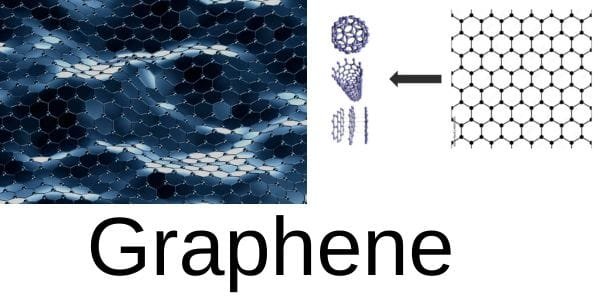
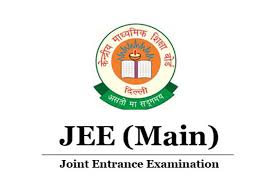
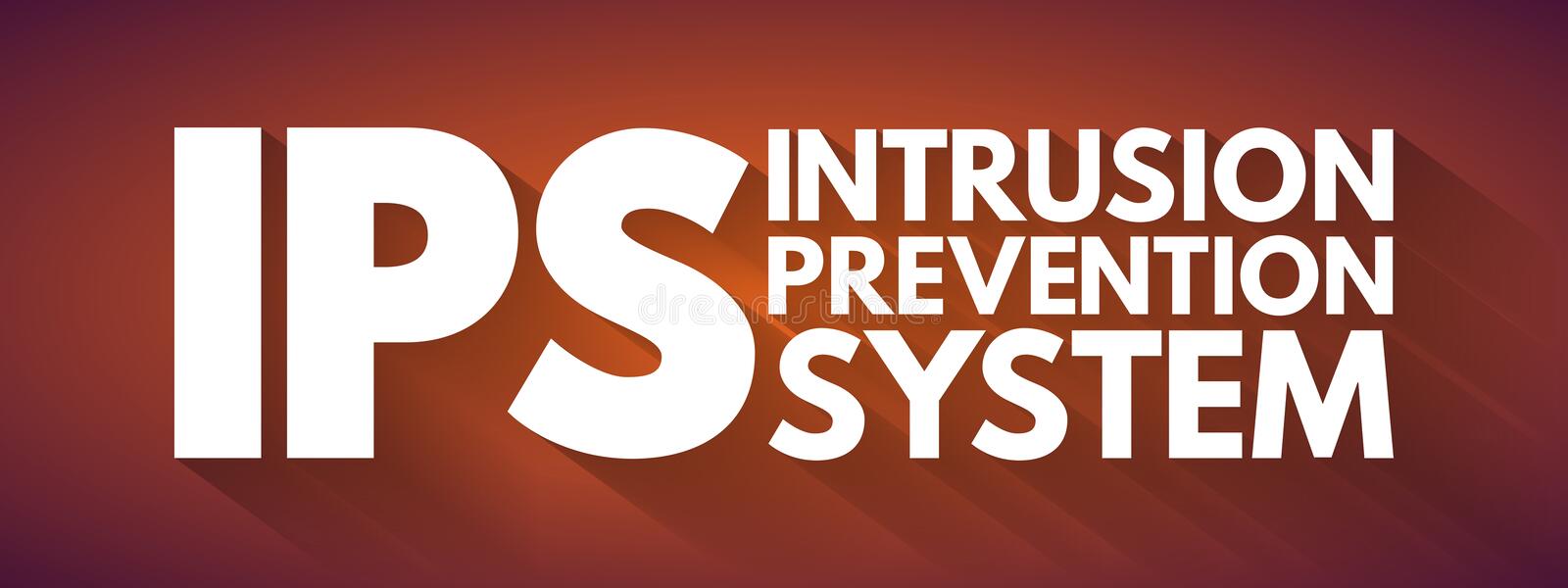



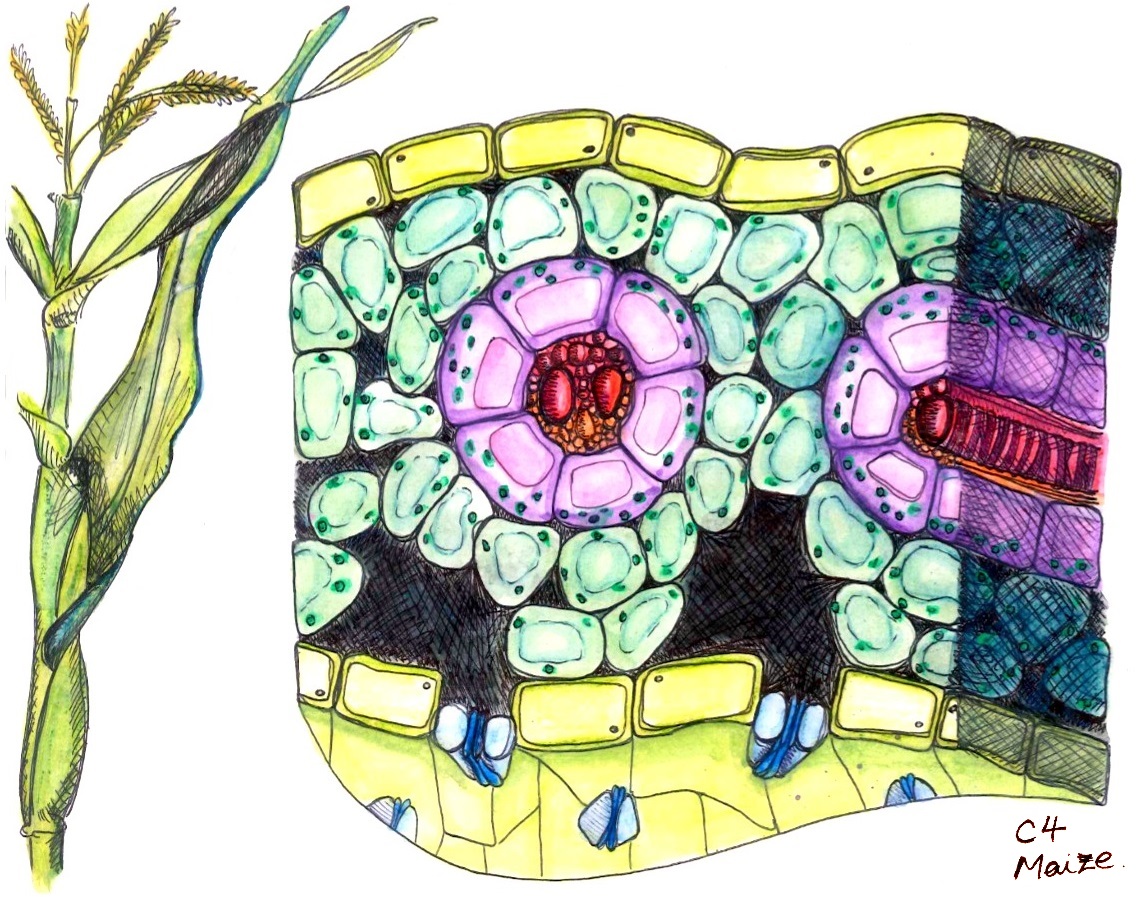
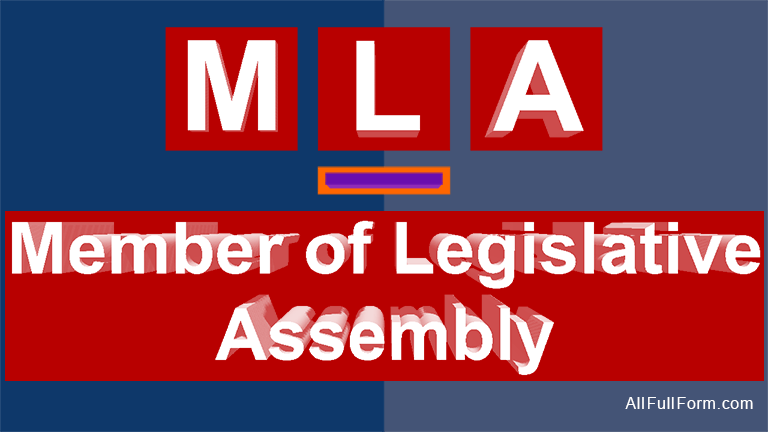
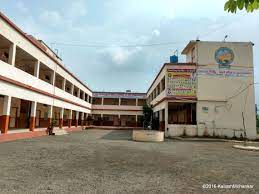

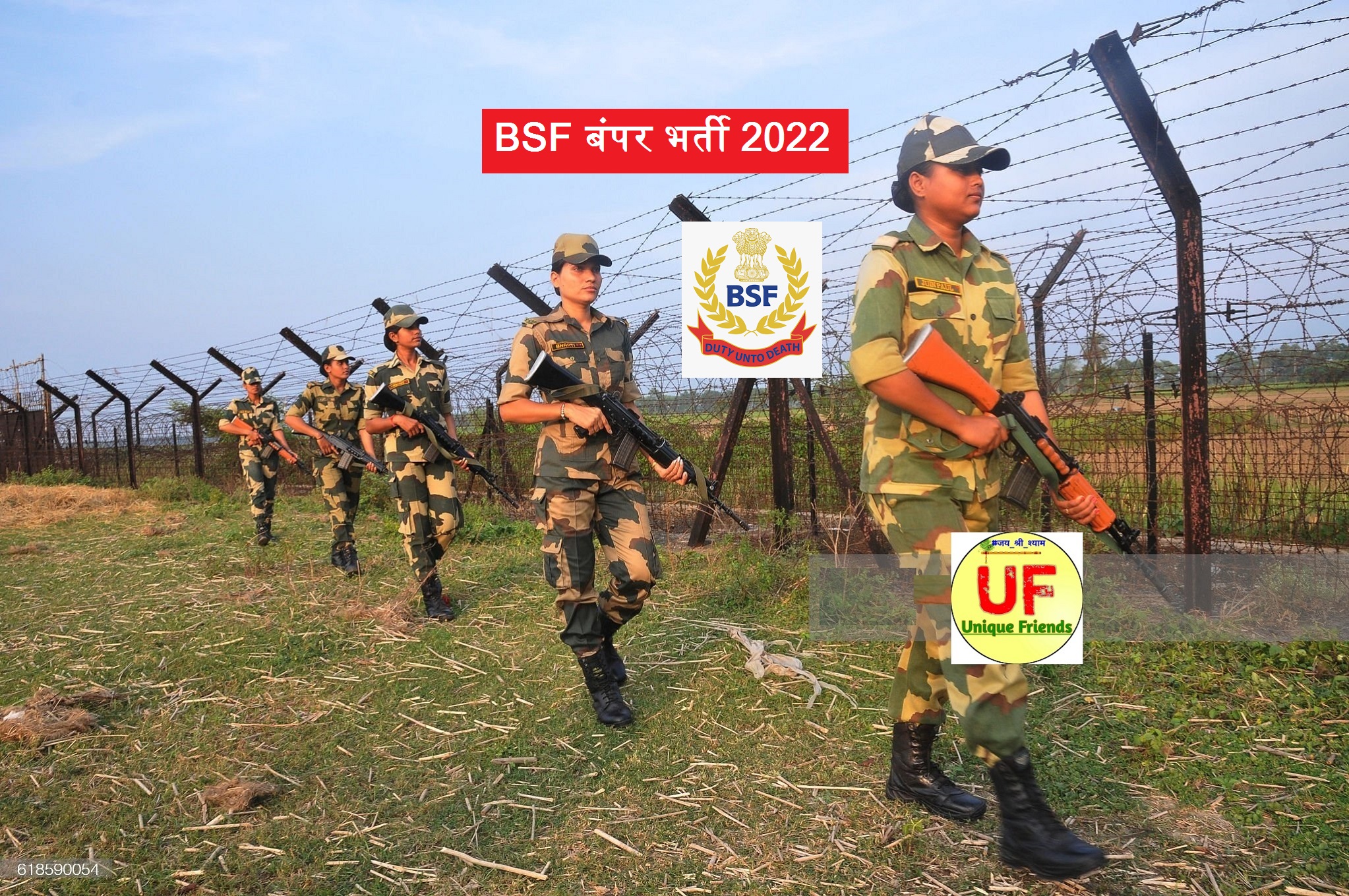


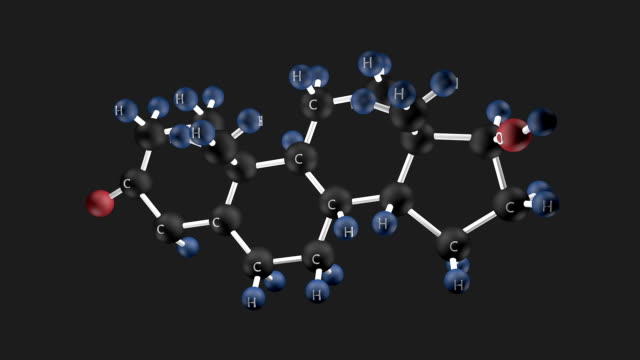


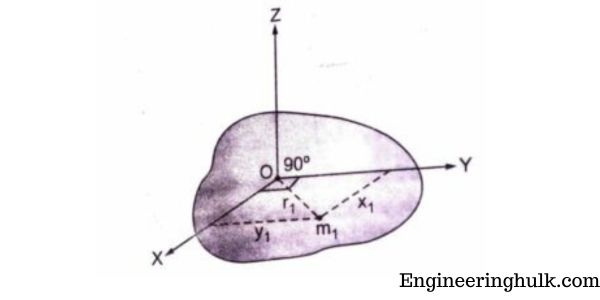








Comments on “BSF Head Constable Ministerial Exam Syllabus”
Comments are closed.